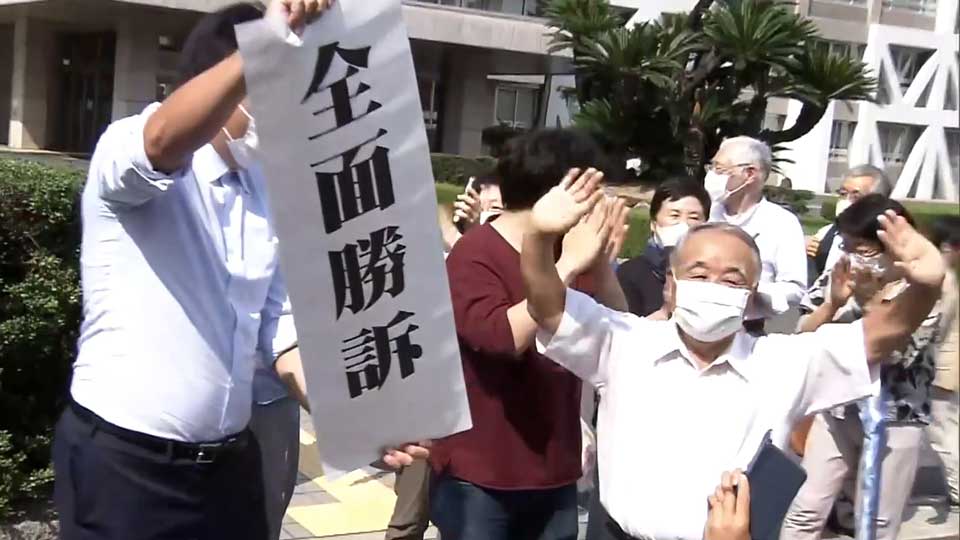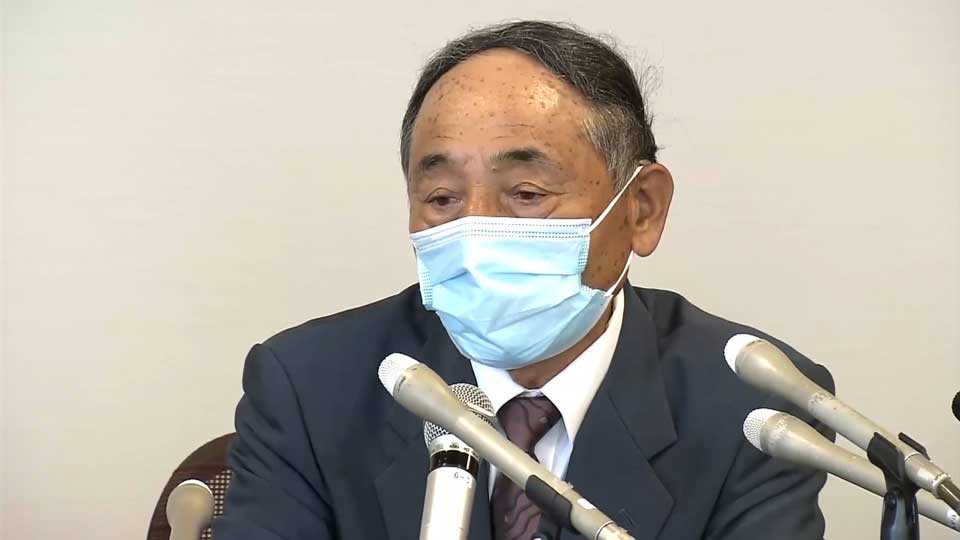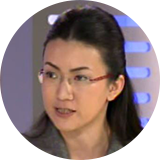In 1945, shortly after the atomic bomb exploded over Hiroshima, the city was showered with radioactive "black rain." The government later offered support to anyone who suffered from the effects of radiation exposure, within a defined zone.
The 84 plaintiffs in the recent case are survivors of the bombing or their family members who were outside that zone but say they developed health problems as a result of the rain. They have long wanted the authorities to officially recognize them as hibakusha.

On July 14, an appeals court in Hiroshima upheld a lower court ruling in their favor. The plaintiffs have since been urging the government not to appeal.
On Monday, Japanese Prime Minister Suga Yoshihide said he would not.
"The government reached the conclusion by going back to the spirit of the law that provides assistance to hibakusha," he said. "All 84 people will receive an atomic bomb survivor's certificate, immediately."
Lead plaintiff Takano Masaaki has spent 40 years campaigning to get the government to study the aftereffects of 'black rain.' He was seven years old at the time of the bombing, and was exposed to the rain about 20 kilometers from ground zero. Shortly afterwards, he began suffering from persistent fever and diarrhea, but unlike other survivors, he never qualified for free medical care.
Now, at the age of 83, he has developed cataracts and needs the medical support this ruling will grant him.

Takano says he's glad about the latest verdict, but will keep campaigning. "I will only be fully happy when everyone affected by the rain is saved, not just the plaintiffs in this case," he says. "I'm determined to see that happen."
Govt. vows to extend support
Over the course of the six-year trial, government officials had expressed a willingness to widen the scope of the medical and welfare program. Then-Prime Minister Abe Shinzo said last year that he would "consider expanding the area in which people are entitled to support," but eventually decided to fight the lower court ruling.
Suga has been equivocal in his support, too. He described aspects of the latest ruling as 'unacceptable,' but has also promised to work to "identify and support all affected people in similar circumstances, regardless of whether or not they were part of the lawsuit."
Health Ministry officials were reportedly pushing to appeal the court's decision, but some ruling coalition lawmakers believed it was in their best interest to end the lawsuit, with a Lower House election looming and the Cabinet's approval rating sinking to the low 30s.

